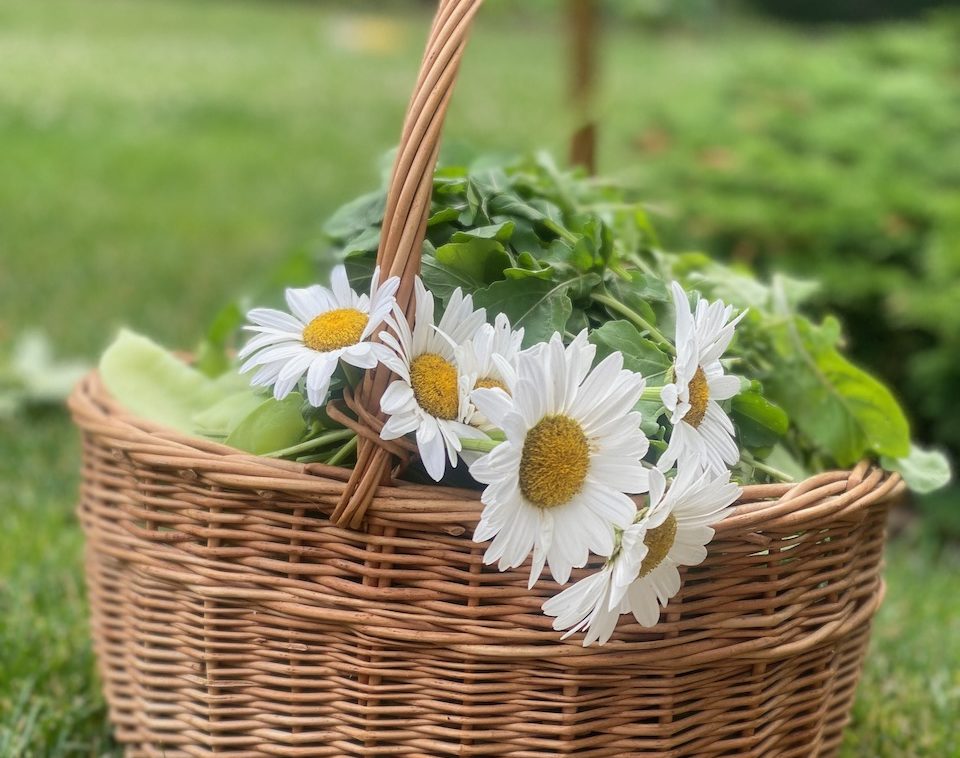The colon, or large intestine, is the distal part of your digestive tract where up to ninety five percent of your microbiome lives. The walls of the colon are typically smooth, pink and glistening with a protective mucus layer. There is a complex interplay between dietary, microbial, immunological and genetic factors that lead to either health or disease in the colon.
The microbes in the large intestine continue to digest what the small intestine could not: walls of plant cells, cellulose, hemicelluloses, pectin, and resistant starch – otherwise known as fibre. The current diet high in processed foods, sugar and low in whole plant based foods contribute to dis-eased conditions of the colon. You need soluble fibre to attract water into the stool so it is soft. You need bulky insoluble fibre to provide “roughage” to move the stool through, like a corn broom sweeping it away.
Talk about sweeping. The muscles around the large and small intestine are bidirectional. Some go around like elastic bands, and some go lengthwise down the tube. When these muscles contract, it helps move the food along the processing line. When you are stressed, it affects your nervous system, which can mess up the firing of these gut motility muscles. This can lead to either diarrhea or constipation.
Regardless of whether you struggle with constipation, diarrhea, Crohn’s, colitis, diverticulitis/osis, polyps or hemorrhoids, or a family history of colorectal cancer, a naturopathic doctor can help you get to the root cause of your condition, and will guide you on an individualized path to healthier living.
Colitis
Colitis is marked by a bloody loose stool. People with colitis have an immune system response to their gut microbiome. This can cause tenderness and irritation in the lining of the large intestine. Plant medicines, dietary adjustments and stress management can help one manage colitis.
Diverticulitis
Straining when you go to the bathroom? All that pressure has to go somewhere, so you end up with hemorrhoids, which are weak veins bursting out, or diverticula, which are out pouches of tissue in the colon wall. Material can get stuck in the diverticula and cause inflammation (diverticulitis). This painful condition usually happens in the lower left side of the belly. A great custom made blend of plant medicines (Chelidonium majus, Dioscorea villosa, Hydrastis canendensis, Commiphora myrrh) often serves to treat diverticulitis. Some also find eliminating seeds, fruits with seeds (think strawberries, raspberries, sesame), and nuts can help. Combinations of soluble and insoluble fibre help keep the stool soft and regularly move it along. Key nutrients with pectins and mucus supportive plants have great potential in maintaining a healthy colon.
Polyps
Clumps of cells tend to form in the colon when one doesn’t eat enough vegetables on a regular basis. Over time, the clumps build into a polyp and the polyp, when left, has the potential to become cancerous. How does this happen? A low intake of fibre (less than 15 g per day) leads to less variety of microbes in the gut, which means fewer short chain fatty acids (SCFAs). SCFAs help reduce the chance of inflammation and polyp formation. Low levels of one particular SCFA, butyrate, are linked to increased risk of colitis and colon cancer. Without enough butyrate, the body uses secondary bile acids to regenerate the gut lining. These acids are very inflammatory and damage the walls of the colon.
Cancer
Ongoing inflammation, poor diet, genetic factors, stress, raises risk of colorectal cancer (CRC). An personal appointment will help individualize a diet and supplement plan to keep your colon healthy and happy. Regular screening for those at risk or between the ages of 50-74 is highly recommended.
Colorectal cancer screening guidelines in Ontario tells us:
- “Asymptomatic people should be screened with a fecal immunochemical test (FIT) every 2 years. Abnormal FIT results should be followed up with colonoscopy within 8 weeks.
- People ages 50 to 74 without a family history of colorectal cancer who choose to be screened with flexible sigmoidoscopy should be screened every 10 years.“
Dr. Laura M. Brown, ND is passionate about good gut health. The gut really is connected to the health of the rest of your mind, body and soul. It truly provides benefits that are Beyond Digestion.
References:
Bäckhed, F., Ley, R. E., Sonnenburg, J. L., Peterson, D. A., & Gordon, J. I. (2005). Host-bacterial mutualism in the human intestine. Science, 307(5717), 1915–1920. https://doi.org/10.1126/science.110481657 Zhou, D., & Fan, J. G. (2019). Microbial metabolites in non-alcoholic fatty liver disease. World Journal of Gastroenterology, 25(17), 2019–2028. https://doi.org/10.3748/wjg.v25.i17.201958
Marizzoni, M., Cattaneo, A., Mirabelli, P., Festari, C., Lopizzo, N., Nicolosi, V., Mombelli, E., Mazzelli, M., Luongo, D., Naviglio, D., Coppola, L., Salvatore, M., & Frisoni, G. B. (2020). Short-chain fatty acids and lipopolysaccharide as mediators between gut dysbiosis and amyloid pathology in Alzheimer’s disease. Journal of Alzheimer’s Disease, 78(2), 683–697. https://doi.org/10.3233/JAD-200306
Zeng, H., Umar, S., Rust, B., Lazarova, D., & Bordonaro, M. (2019). Secondary bile acids and short chain fatty acids in the colon: A focus on colonic microbiome, cell proliferation, inflammation, and cancer. International Journal of Molecular Sciences, 20(5), 1214. https://doi.org/10.3390/ijms20051214




